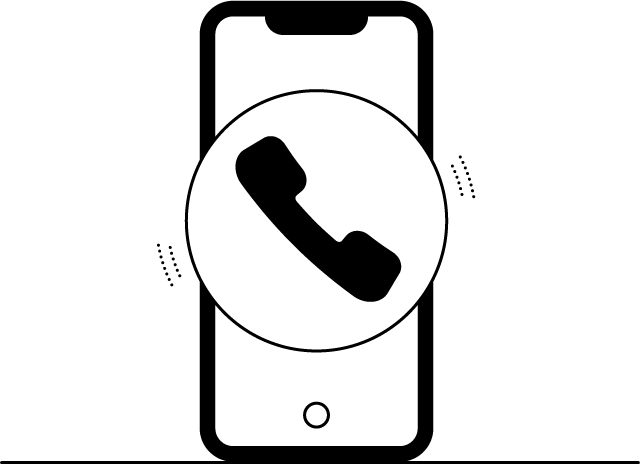Overdraft Cost Calculator
Use our Cost Calculator to find out more about our overdraft service before applying for or changing an arranged overdraft.
If there’s too much month left at the end of your money, our overdraft could help.
0% EAR variable on the first £250, 39.9% EAR variable thereafter, giving a representative rate of 30.5% APR variable (assumed arranged overdraft £1,200).
The representative example shows you the rate of interest we’d charge for arranged overdrafts. For 1st Account, this example shows the cost of any interest above the interest free limit.
**For customers with an offset mortgage linked to a 1st Account, the interest-free limit will not apply
You can compare our overdrafts with other ways of borrowing by looking at the Annual Percentage Rate (APR). APR is the cost of borrowing over a year and lets you compare the costs with other credit products and other lending providers.
How much does my overdraft cost in pounds and pence?
Here are some examples of how much it would cost if you borrowed £500 of your overdraft:
| Account |
7 days | 30 days | 60 days |
|---|---|---|---|
| 1st Account | £1.63 | £7.00 | £13.99 |
Overdraft Cost Calculator
Use our Cost Calculator to find out more about our overdraft service before applying for or changing an arranged overdraft.
The figures in this tool are to give you a good indication, any overdraft limit you require will need to be agreed with us. Our calculator uses a few assumptions to calculate the results***. You can see these in detail at the bottom of the page.
You can also use our Eligibility Checker to get an indication of whether or not you'll be accepted for an overdraft.
Existing Customers
Talk to us about reviewing your overdraft facility.
Give us a call on 03456 100 112.
Lines are open Mon to Thur 8am to 10pm, Fri 8am to 9pm, Sat 8am to 8pm, Sun 9am to 8pm.
New to first direct?
You'll need to be a 1st Account holder to apply for an arranged overdraft. Find out how to apply for our current account.
